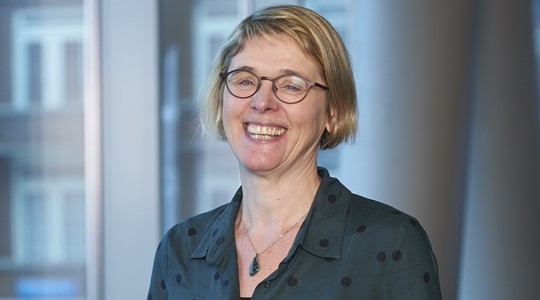The Centre of Expertise Social Innovation and the Research Centre Urban Talent, both part of Rotterdam University of Applied Sciences, established the professorship 'Parents in Rotterdam South' in 2014. With this, Rotterdam University of Applied Sciences wanted to emphasise its involvement in Rotterdam-South, as the largest disadvantaged area in the Netherlands. The professorship focuses on knowledge development and sharing in order to better facilitate (prospective and experienced) professionals in collaborating with parents in disadvantaged situations, so that parents can better contribute to the development of their children. This means that the professorship is not limited to Rotterdam South, but seeks local, national and international collaboration. In 2020, the professorship was therefore renamed Working Together with Parents. Together with educational practitioners and the social domain, the professorship develops scientifically substantiated and practically useful knowledge and methods to improve the collaboration with parents and to strengthen the educational power of parents. In The Toolbox, the professorship shares these practices with practice and study programmes.
Since February 2022, Mariëtte has also been a professor in Child Poverty. With Prof. Dr. Nicole Lucassen (extraordinary professor of Child Poverty, Erasmus University Rotterdam) she leads the Research Programme Child Poverty. This research programme, an initiative of Nationaal Fonds Kinderhulp and the municipality of Rotterdam, connects science, policy and practice on child poverty. Mariëtte Lusse focuses on strengthening professionals in dealing with child poverty. Mariëtte Lusse (with Annelies Kassenberg, Hanze University Groningen) developed a triptych of tools for dealing with child poverty in education, the social domain and youth health. In these handbooks, well-founded methods are described, ordered by the categories Signalling, Supporting and Stimulating (the SOS approach). She also produced (with Liesbeth van der Ree and Leonie le Sage) a report on an integrated approach to family poverty, as a result of a monitoring and learning circle on informal organisations that support families in poverty.



